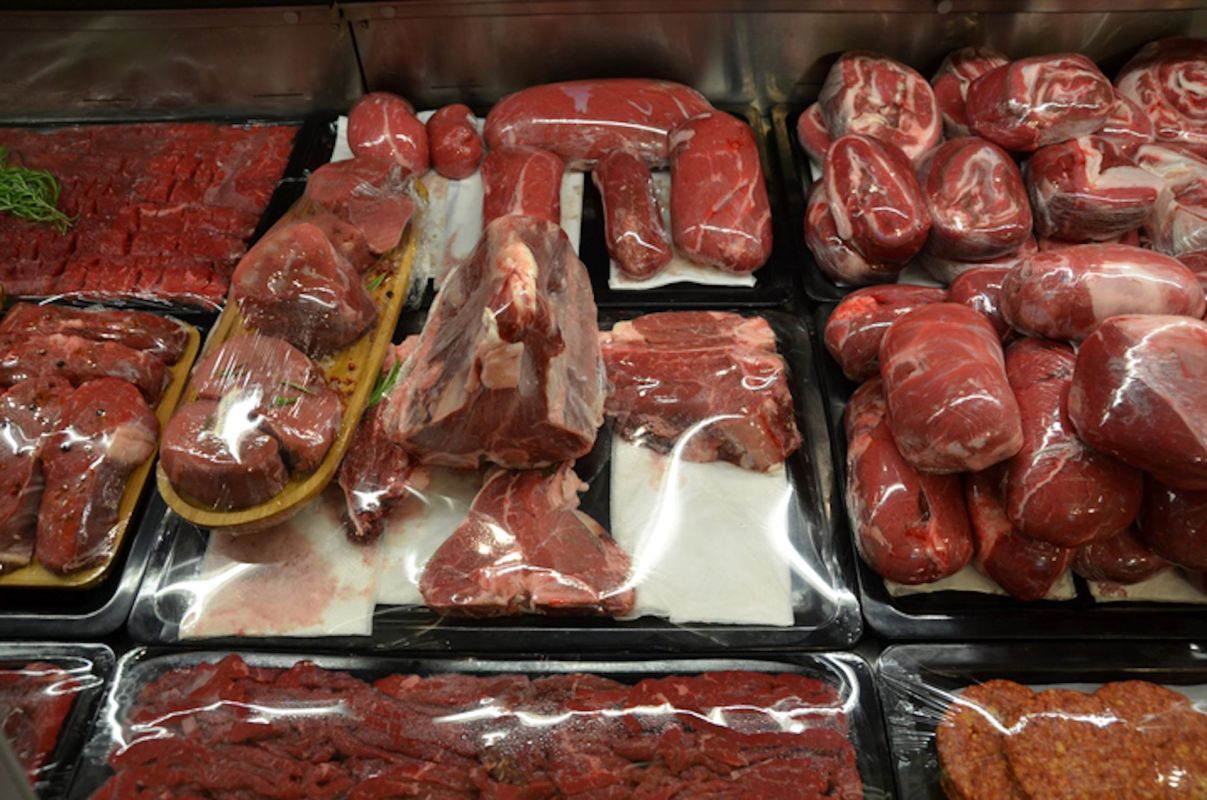The "Beef. It's what's for dinner" ads from the early 1990s seem to have resonated with certain Americans.
A study from the scientific journal Nutrients reports that about 12% of the population — primarily people aged 50 to 65 and men more generally — eat half of the country's burgers, steaks, and other beef products.
And while beef protein can make for some tasty meals, health experts report that moderation is best for your health — and the planet's.
What was studied?
The study used surveys to analyze the eating habits of Americans. Researchers were shocked by the fact that such a small part of the population is devouring most of the beef, according to a report from Insider.
"This was a big surprise to us," study co-author and Tulane University professor Diego Rose said in the report.
The experts consider more than 4 ounces of beef daily on a 2,200-calorie diet excessive. That amount of beef is about what's in a McDonald's quarter-pounder, as Insider points out.
Eating burgers and other beef cuts is on the rise in the U.S., according to Statista. The data collector reports that consumption set a record in 2021 at 30 billion pounds of meat.
Why are the results significant?
Too much beef can have dire health consequences. Harvard Medical School reports that a beef-heavy diet can increase the chances of getting certain diseases and even shorten lives.
Heart disease, diabetes, and cancer were on Harvard's list of problems with a "link" to high consumption of red or processed meats, according to the university's Dr. Frank Hu. He was writing to debunk reports that claimed no health risks are associated with eating lots of beef.
"The evidence shows that people with a relatively low intake have lower health risks," he said in the Harvard story.
What if I like hamburgers?
There's good news for the 12%, because experts at the Mayo Clinic report that we don't have to cut out juicy burgers, just ease up.
The clinic suggests that adults eat no more than 6 ounces of "cooked lean meat, fish, shellfish, or skinless poultry" per day, recommending variety in the types of protein in diets.
What are alternatives?
Whole Foods has a list of easy ways to add healthy plants to meal plans. Pizzas with tasty veggie toppings, frozen banana treats, and veggie noodles are some of the suggestions.
"We tend to think of beef as a steak or a brisket," Rose said to Insider. "But that's about one-third of what's consumed on any given day. The other two-thirds are from mixed dishes like soups, stews, pastas, and burritos. There's a way to cut back on beef in all of those dishes if you're concerned about your health or the environment."
Insider reports that cattle produce up to 10 times more planet-warming air pollution than chicken, according to estimates. So, fewer cattle could result in cleaner air, too.
Beef is "kind of like the Hummer of animal proteins," Rose said in the Insider report.
Join our free newsletter for easy tips to save more, waste less, and help yourself while helping the planet.








